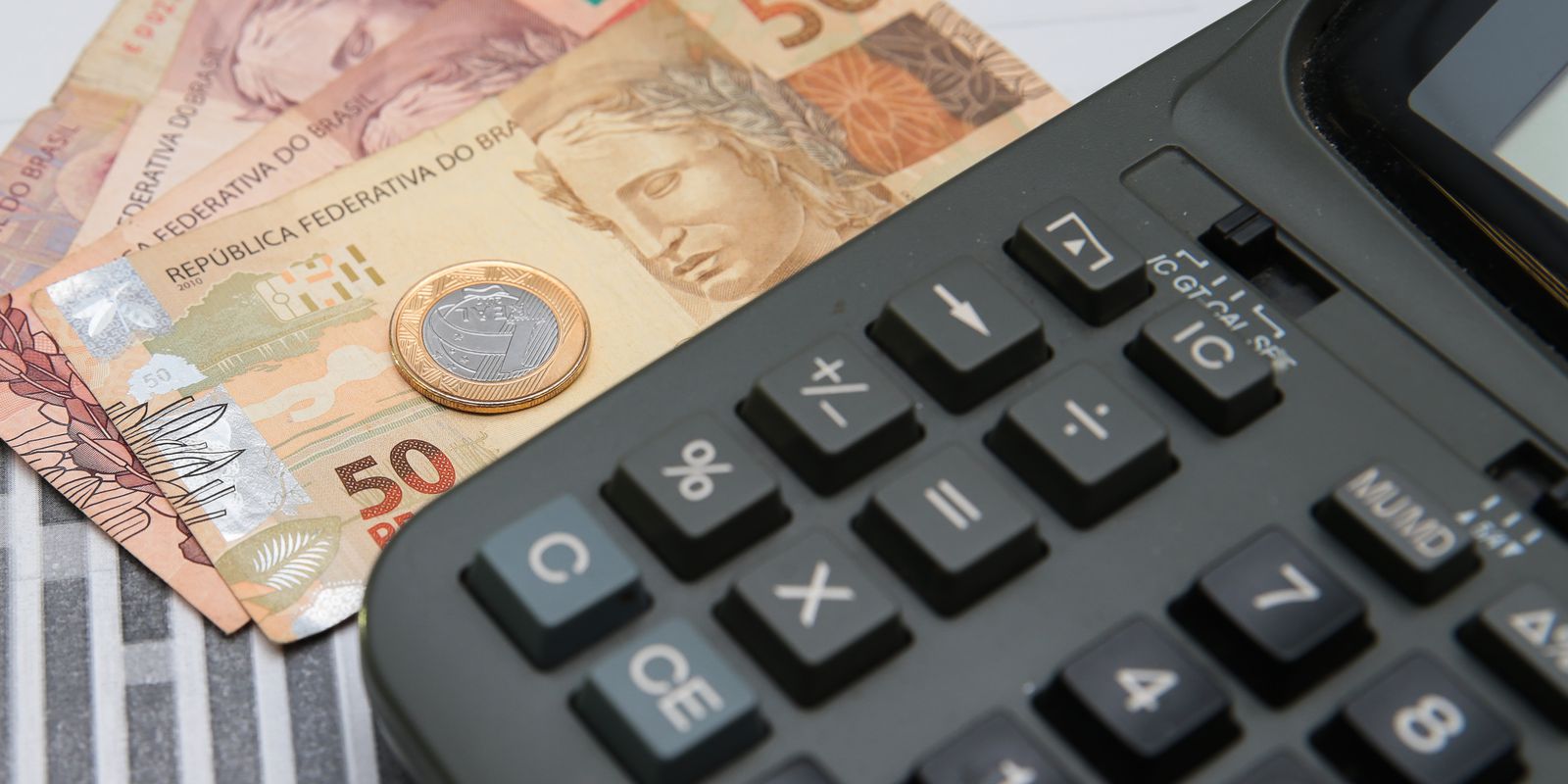Public accounts closed the month of September with a positive balance, as a result of the increase in collection of the National Treasury. The consolidated public sector, made up of the Union, states, municipalities and state-owned companies, recorded a primary surplus of BRL 10.746 billion last month, compared to a primary surplus of BRL 12.933 billion in September 2021.
The data were released today (31) by the Central Bank (BC). The primary surplus represents the positive result of the public sector accounts (expenditure minus revenue), disregarding the payment of interest on the public debt.
In the 12 months ended in September, the accounts accumulated a primary surplus of R$ 181.358 billion, which corresponds to 1.93% of the Gross Domestic Product (GDP, the sum of all goods and services produced in the country). In the year, from January to September, there is a surplus of R$ 130.802 billion, compared to a positive result of R$ 14.171 billion in the same period last year.
In 2021, public accounts closed the year with a primary surplus of R$64.7 billion, 0.75% of GDP. It was the first year of positive results in the public sector accounts, after 7 years of deficit. In 2020, public accounts had a record primary deficit of BRL 702.950 billion, 9.41% of GDP, due to spending on the covid-19 pandemic.
isolated data
Last month, the Central Government (Welfare, Central Bank and National Treasury) presented a primary surplus of BRL 11.113 billion, compared to a surplus of BRL 708 million in September 2021.
Net revenue grew 6.04% in real terms, around R$8.8 billion, driven by the receipt of dividends from state-owned companies, which paid the Union just over R$13 billion, with Petrobras paying almost the entirety of that value. Expenses fell by 1.1% year-on-year. The BC highlights that in 2021 expenses were still increased due to spending on the covid-19 pandemic.
The amount of the Central Government surplus differs from the published result on the 27th by the National Treasury, with a surplus of R$ 10.954 billion in September, because, in addition to considering local and state governments, the BC uses a different methodology, which takes into account the variation in the debt of public entities.
State governments had a surplus last month, recording BRL 3.253 billion, compared to a surplus of BRL 7.265 billion in September 2021. Municipal governments, on the other hand, recorded a deficit of BRL 2.932 billion in September this year. In the same month of 2021, there was a surplus of BRL 3.174 billion for these entities.
In total, the regional governments (state and municipal) had a surplus of BRL 321 million in September 2022 against a positive result of BRL 10.439 billion in the same month of 2021. According to the BC, the fall in the surplus comes from the drop in the collection of these entities, mainly the Tax on Circulation of Goods and Services (ICMS), which had a variation of almost 6.5% in real terms. On the other hand, regular transfers from the federal government within the scope of tax sharing and other federal regulations grew, a natural result of the increase in federal revenue. However, they were not able to compensate for the reduction in regional governments’ own expenditures.
Federal, state and municipal state-owned companies, excluding those of the Petrobras and Eletrobras groups, had a primary deficit of R$ 688 million last month.
interest expenses
Interest expenses stood at BRL 71.364 billion last month, against BRL 35.628 billion in August and BRL 54.952 billion in September 2021. In this increase, there are the effects of Central Bank operations in the foreign exchange market (currency swap, which is the sale of dollars in the futures market), which, in this case, contributed to the worsening of the interest rate account last month. The results of these operations are transferred to the payment of interest on the public debt, as income, when there are gains, and as expenses, when there are losses.
Last month, the swap account had losses of R$24.7 billion, against gains of R$11.3 billion in August. In the inter-annual comparison, in September 2021, the BC’s losses were also lower, at R$ 16.8 billion.
In the comparison between September 2021 and 2022, the increase in the debt stock and the rise in the Selic rate in the period, which rose from 6.25% per year in September last year to the current 13, also contributed to the interest rate evolution. 75% per year. On the other hand, the fall in the Broad National Consumer Price Index (IPCA), official inflation, in recent months, has contributed to the reduction of interest rates.
The nominal result, formed by the primary result and interest expenses, increased. In September, the nominal deficit was BRL 60.618 billion, against a negative result of BRL 42.018 billion in the same month of 2021. In 12 months, the public sector accumulates a deficit of BRL 410.637 billion, or 4.36% of GDP. The nominal result is taken into account by risk rating agencies when analyzing a country’s indebtedness, an indicator observed by investors.
Public debt
The net public sector debt (balance between the total credits and debts of federal, state and municipal governments) reached R$ 5.487 trillion in September, which corresponds to 58.3% of GDP. In August, the percentage of net debt in relation to GDP was 58.2%.
In September 2022, the gross debt of the general government (GDBG) – which only accounts for the liabilities of the federal, state and municipal governments – reached BRL 7.262 trillion or 77.1% of GDP, against 77.5% (BRL). 7.231 trillion) in the previous month. Like the nominal result, gross debt is used to draw international comparisons.









